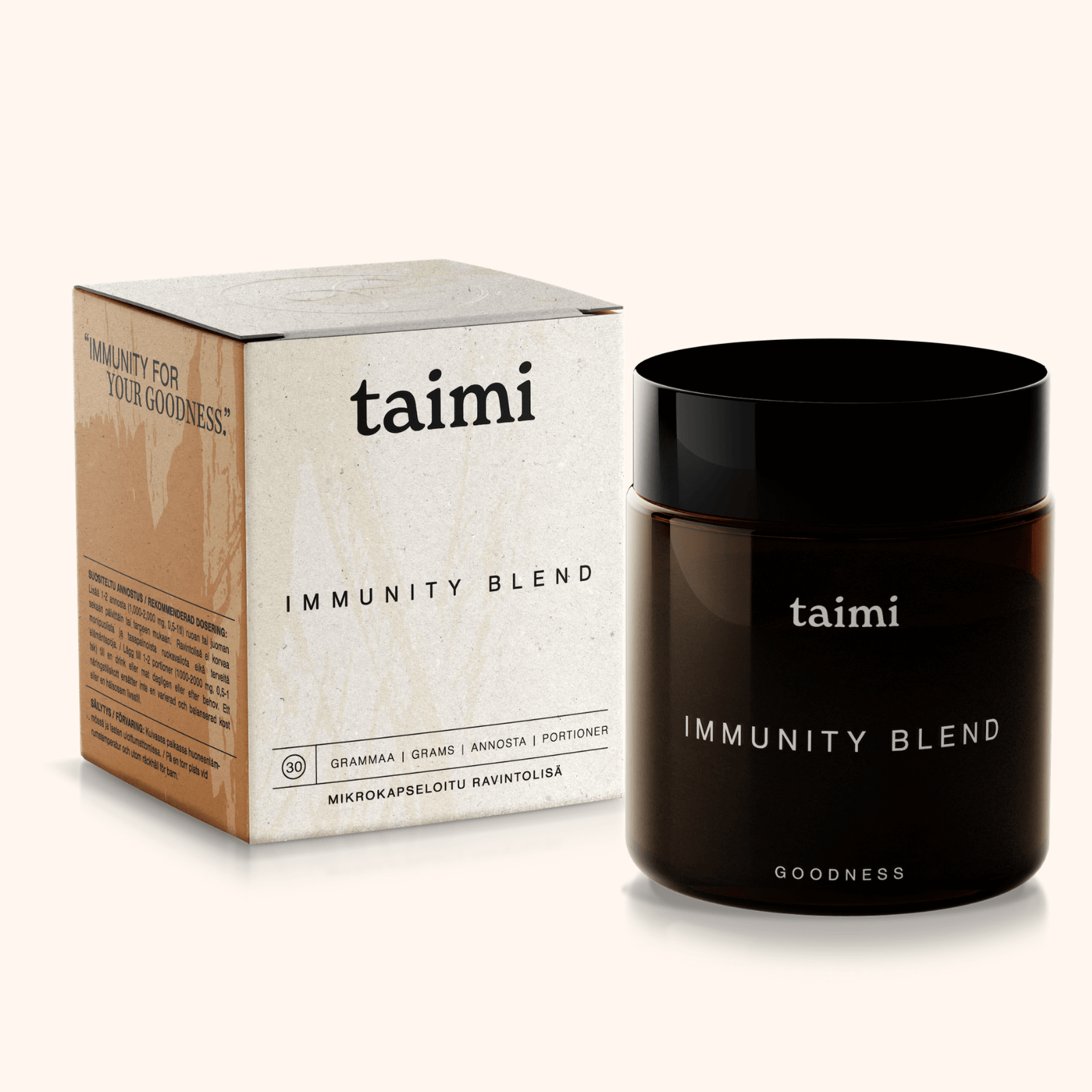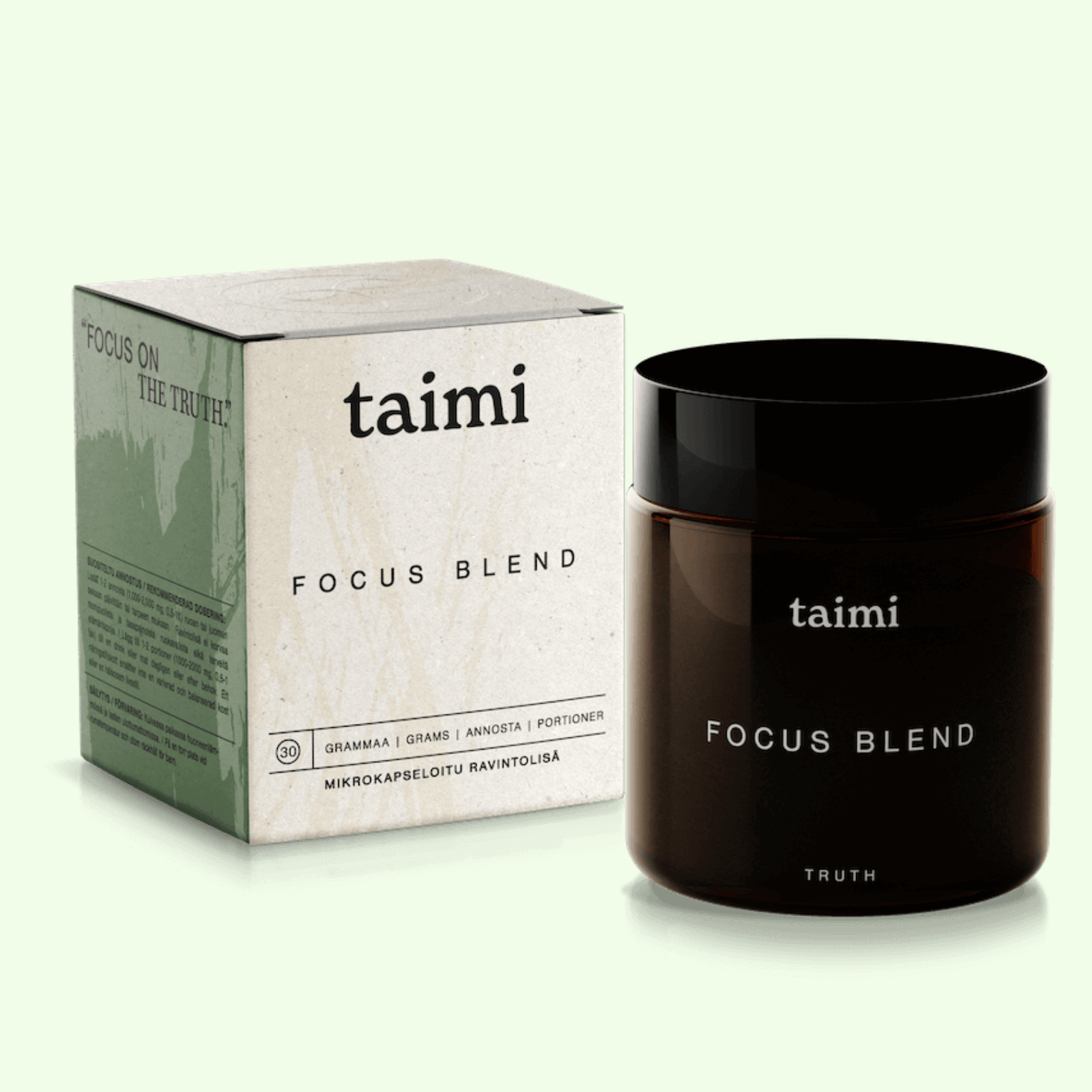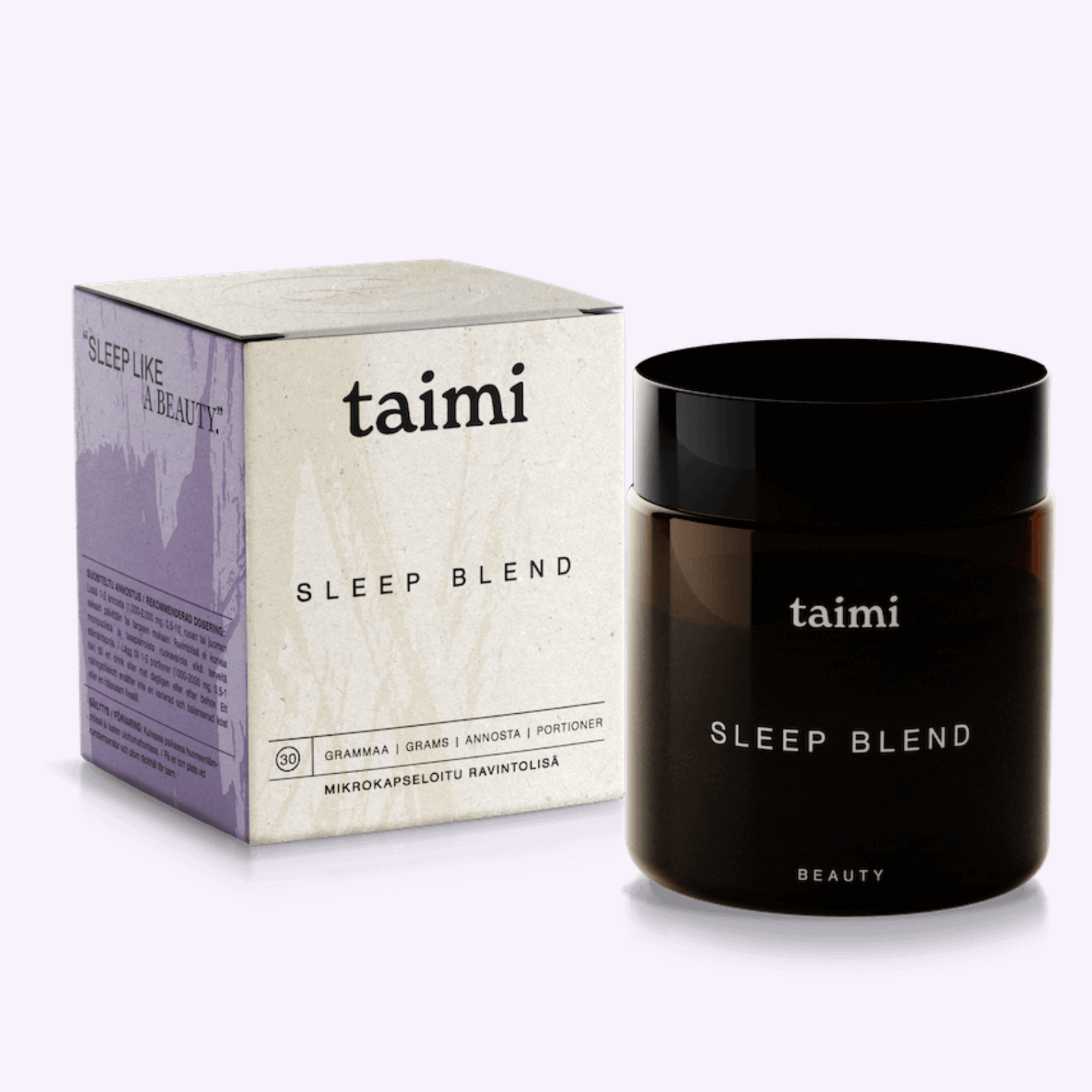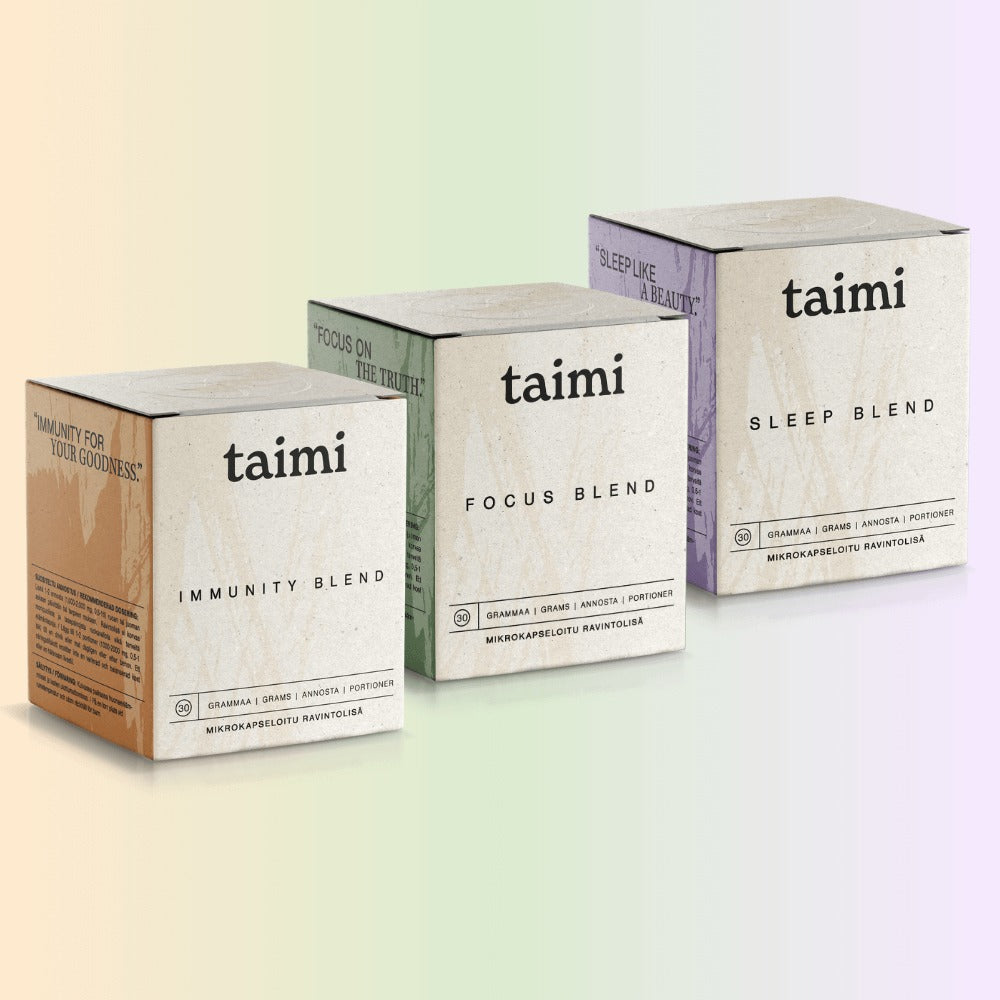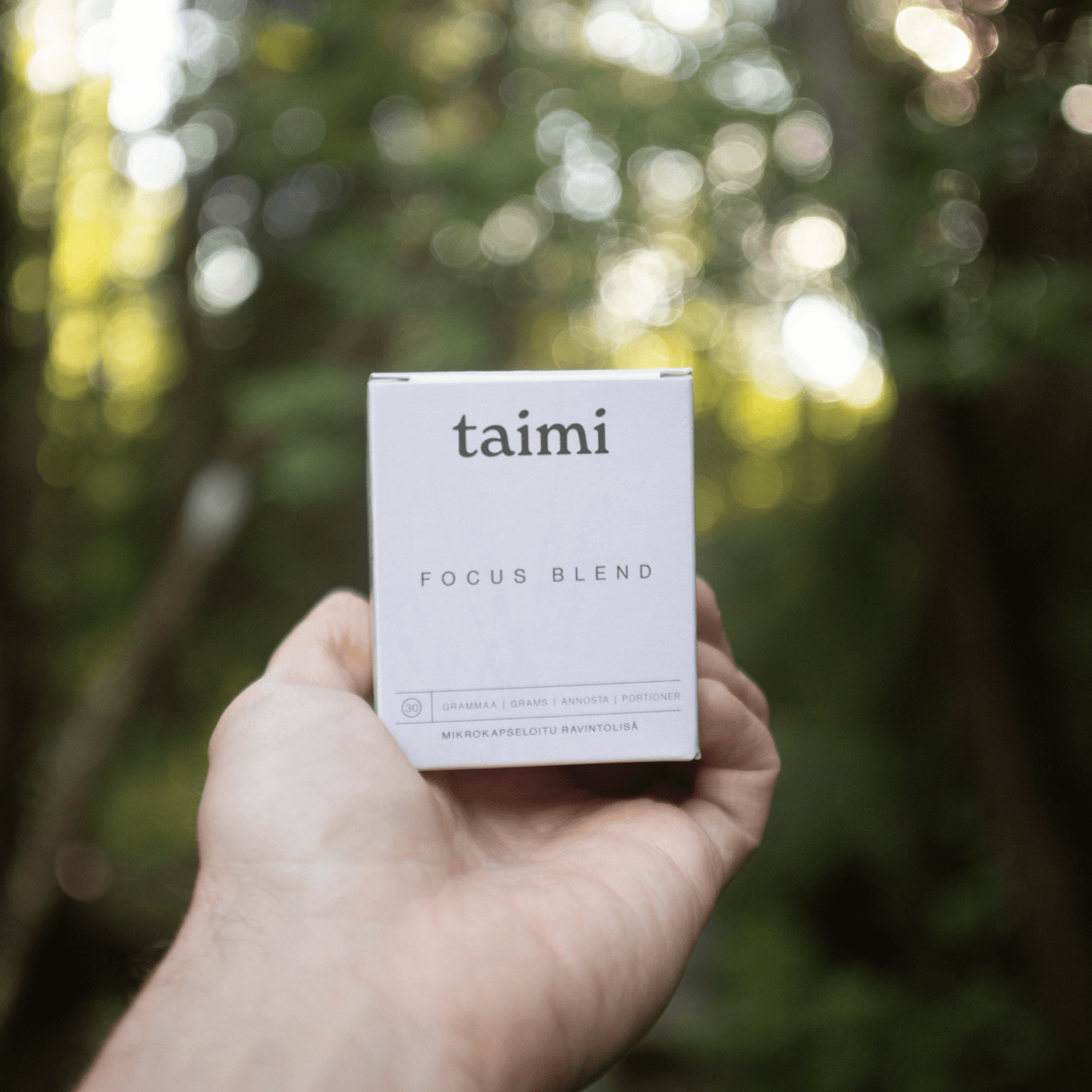The potential benefits and key health effects of vitamin B6 range from producing red blood cells, converting food into fuel, and improving mood and immunity. It works together with many other vitamins and minerals in the body to optimize almost every aspect of health and support the function of the liver, blood cells, skin, eyes, nervous system and many other areas of the body to keep you at your best.
Need more reasons why this vital vitamin is extremely important? Keep reading for a comprehensive list of the benefits and harms of vitamin B6, as well as the best foods that contain vitamin B6.
What does vitamin B6 do?
Vitamin B6, also known as pyridoxine, is one of the vitamins in the B vitamin complex. All B vitamins, including vitamin B6, play an important role in many physical and psychological functions. However, they are best known for helping maintain a healthy metabolism, supporting nerve and liver function, and promoting skin and eye health.
What does vitamin B6 do in practice and why is it so important?
Vitamin B6 has several derivatives, such as pyridoxal, pyridoxal-5-phosphate (p5p) and pyridoxamine. These are all important compounds involved in numerous biological functions. Our bodies use vitamin B6 every single day, and it plays a significant role in everything from movement to memory, energy consumption and blood circulation.
Vitamin B6 also helps the body maintain a healthy nervous system, produces hemoglobin that carries oxygen in red blood cells throughout the body, helps produce energy from the food we eat, balances blood sugar levels, acts as a natural pain reliever, elevates mood and improves immunity by increasing the synthesis of antibodies used to protect the body. (1) However, the potential benefits of vitamin B6 do not end there. In fact, studies show that the benefits of vitamin B6 can also help you maintain healthy blood vessels, reduce symptoms of rheumatoid arthritis, prevent kidney stones, and more, helping you optimize your health.
The 11 most important benefits of vitamin B6
1. Maintains healthy blood vessels
Vitamin B6 is needed to regulate the levels of a compound called homocysteine in the blood. Homocysteine is an amino acid obtained from eating protein sources, especially meat. High levels of homocysteine in the blood have been linked to inflammation and the development of heart disease and blood vessel problems, which can increase the risk of heart attack.
Without sufficient vitamin B6, homocysteine accumulates in the body and damages the mucous membranes of blood vessels. This can set the stage for dangerous plaque build-up, which can lead to an increased risk of heart attack or stroke.
Studies show that when patients use vitamin B6 together with folate, total homocysteine levels decrease significantly. In addition, vitamin B6's homocysteine-lowering effects can also help heal damage to blood vessels and thus improve heart health.
2. Supports brain function
Vitamin B6 is often considered one of the most important vitamins for the brain, as it contributes to the balanced functioning and development of the brain and nervous system. Studies have shown that vitamin B6 deficiency can affect memory and contribute to cognitive decline, Alzheimer's disease and dementia in old age.
One way vitamin B6 affects brain function is by controlling homocysteine levels, which is not only a risk factor for coronary heart disease, but can also damage neurons in the central nervous system.
Vitamin B6 also plays an important role in the production of hormones such as serotonin and norepinephrine, which help regulate mood, energy production and concentration. Researchers believe that certain behavioral disorders in children, such as ADHD , are caused by low levels of serotonin, which means that increasing blood levels of PLP could potentially help reduce symptoms.
3. Can improve mood
Like vitamin B6, some antidepressants increase serotonin levels. Studies have shown that vitamin B6 has a significant effect on the central production of both serotonin and GABA neurotransmitters in the brain. These are important neurotransmitters that regulate mood and are needed to prevent depression, pain, fatigue and anxiety. Although more research is still needed, a few studies suggest that vitamin B6 could have a beneficial effect on mood and mental health due to its positive effects on these key neurotransmitters.

Vitamin B6 protects eye health against, for example, macular degeneration.
4. Helps treat anemia
Vitamin B6 is needed to form hemoglobin in the blood, which is used by red blood cells to transport oxygen to the cells and to mobilize iron. Anemia can occur when the body does not produce enough red blood cells, in which case symptoms of anemia include fatigue, weakness, aches and pains.
Research shows that vitamin B6 deficiency can cause microcytic anemia, which is characterized by smaller and paler red blood cells than usual. Adding B vitamins in the diet or through supplements can help raise plasma PLP levels and improve the treatment of certain types of deficiency anemia.
5. Protects eye health
In many cases, certain eye diseases are caused by poor diet and/or nutrient deficiencies. Studies have shown that taking vitamin B6 along with other vitamins such as folate can help prevent eye disease and vision loss. Vitamin B6 in particular is believed to help slow the onset of certain eye diseases, such as age-related macular degeneration, one of the leading causes of vision loss worldwide.
6. Can reduce the symptoms of rheumatoid arthritis
Low levels of vitamin B6 have been linked to increased symptoms of rheumatoid arthritis, such as severe pain. Early studies have also found that people with rheumatoid arthritis may be more susceptible to vitamin B6 deficiency because chronic inflammation triggers the symptoms. Vitamin B6 benefits RA by suppressing inflammation, which helps prevent swelling and reduce common symptoms associated with RA.
7. May lower blood pressure
Several promising animal studies have found that vitamin B6 can lower blood pressure and thus help optimize heart health. For example, in an animal model published in the journal Molecular and Cellular Biology, it was shown that vitamin B6 supplementation helped lower systolic blood pressure in rats with high blood pressure. Similarly, another study in China analyzed the diets of 2,241 adults and found that a higher intake of vitamin B6 was associated with a lower risk of high blood pressure.
8. Relieves PMS symptoms
Taking plenty of vitamin B6 or taking B-complex vitamins can help prevent or treat PMS symptoms. Research shows that vitamin B6 helps combat symptoms such as chest pains, nausea, cramps, fatigue and headaches. In addition, the potential benefits of vitamin B6 for the skin may help reduce acne that occurs before a woman's menstrual cycle.
Vitamin B6 is thought to help with PMS because of its positive effects on certain neurotransmitters in the brain responsible for pain control, as well as its ability to increase blood flow and regulate hormones. For women who often have PMS symptoms, regular intake of B-complex vitamins is recommended, especially during the 10 days before menstruation.
9. Reduces morning sickness and malaise
Studies have shown that vitamin B6 is beneficial during pregnancy, as it alleviates the malaise and morning sickness that often occur during pregnancy. The study found that when patients monitored the severity of their nausea for 24 hours before and again after vitamin B6 treatment, the group receiving pyridoxine (vitamin B6) had significantly less nausea compared to the placebo group.
10. Regulates sleep cycles
Vitamin B6 helps the body produce melatonin, which is an important hormone for falling asleep. Melatonin is responsible for regulating the internal clock and helps the body know when it's time to wake up and when it's time to wind down and fall asleep for the night.
11. Prevents kidney stones
According to research results, taking vitamin B6 together with other minerals, such as magnesium, can prevent or treat kidney stones in certain population groups. (20) Vitamin B6 is usually helpful in people who have an increased risk of kidney stones due to other diseases.
Vitamin B6 deficiency
Although deficiency is not very common, studies have linked vitamin B6 deficiency to an increased risk of developing a variety of ailments and symptoms.
Some key symptoms of vitamin B6 deficiency in adults can include, for example:
- Mood changes such as irritability, anxiety and depression
- Complexity
- Muscle pains
- Mouth ulcers
- Low energy levels or fatigue
- Worsening of PMS symptoms
- Worsening of anemia symptoms

Vitamin B6 is important for blood vessel health.
Because vitamin B6 is extremely important for nerve function, vitamin B6 deficiency is sometimes associated with neuropsychiatric disorders such as seizures, migraines, chronic pain, and mood disorders such as depression .
Research shows that vitamin B6 deficiency is more common in older people, and the risk of Alzheimer's disease and other forms of dementia increases with age and decreasing levels of vitamin B6.
Because they are at higher risk of developing vitamin B6 deficiency symptoms, it is often recommended that doctors test older adults' vitamin B6 levels if they begin to lose appetite, lose weight, or suffer from malabsorption of nutrients for any reason, as this may indicate a possible vitamin B deficiency.
Others at increased risk of deficiency include those with impaired kidney function, autoimmune disease, or alcohol dependence, as many of these problems can affect nutrient absorption.
Foods containing the most vitamin B6
The daily recommended intake of vitamin B6 in Finland is:
|
Issue |
Ladies |
Gentlemen |
One of the best ways to increase your intake of this important vitamin is to add B vitamin-rich foods to your daily diet. Listed below are the 15 best vitamin B6 foods to get you started:
100g of food: amount of vitamin B6 in milligrams (% of daily intake recommendation, for adult women)
- Cranberry: dried, 3.00 mg (250%)
- Crab: 2.1mg (175%)
- Water chestnut: 1.8 mg (150%)
- Basil, dried: 1.34 mg (112%)
- Pistachio: 1.27 mg (105%)
- Reindeer meat, dried: 1.25 mg (104%)
- Garlic: 1.24 mg (103%)
- Red perch: 1.21 mg (100%)
- Beef liver: 1.03 mg (85%)
- Wheat bran: 1.00 mg (83%)
- Broiler liver: 0.98 mg (82%)
- Reindeer liver: 0.92 mg (77%)
- Pig liver: 0.80 mg (67%)
- Sesame seed: 0.79 mg (66%)
- Sunflower seed: 0.77 mg (64%)
Other good sources of vitamin B6 are e.g. sea buckthorn, millet, salmon, chicken wing, venison, whitefish and. to your full color.
Supplements and dosage
Vitamin B6 is a water-soluble vitamin, i.e. excess vitamin is excreted through urine and not stored in your body. That's why it's very important to regularly eat foods rich in B vitamins or take supplements to meet your daily needs.

Pistachios are a tasty source of vitamin B6.
Although taking a vitamin B6 supplement may be beneficial for some people, it is always recommended to get the nutrients from the right foods first. These foods are rich in other important vitamins and minerals. Plus, your body knows exactly what to do with the vitamins that naturally occur in whole foods, as opposed to the synthetic nutrients added to fortified foods and supplements.
In addition, the body does not use vitamins efficiently as individual nutrients; they are used as complex groups of molecules that interact and depend on each other, so you get the most benefit from vitamin supplements when you use them as nature intended.
If you are going to take vitamin B6 supplements, make sure you buy a quality product that is free of fillers or toxins to get the most benefit from vitamin B6. High-quality vitamin B complex supplements are made by combining different nutrients that work together, such as thiamin , riboflavin , niacin , folate , and vitamin B6 , to help your body recognize the vitamins and minerals and use them in a natural way that gives you the most beneficial results.
Taimin's Focus Blend has all the necessary B vitamins and a total of 22 high-quality ingredients that work together effectively to help your body, mind and nervous system stay in optimal health.
>> Check out Focus Blend here <<
Most adults need 1.3 to 1.6 milligrams of vitamin B6 daily to meet their needs. However, the required dose of vitamin B6 increases in older adults and pregnant or lactating women. (25) For best results, be sure to follow the recommended dosage of a particular supplement to avoid unwanted vitamin B6 side effects.
B6, B12 and other B vitamins
B vitamins, such as B6 and B12 , are essential for many aspects of health, such as converting food into usable energy in the body. They are also involved in red blood cell production, nerve function and hormone synthesis. In addition, B vitamins are found in many of the same sources, and are especially abundant in animal products such as meat, poultry, and seafood.
However, they also have essential special features that distinguish them from each other. One of the biggest differences is how low concentrations affect health. A lack of vitamin B6 can cause symptoms such as fatigue, irritability and muscle aches, while low levels of vitamin B12 can cause things like anemia and cognitive impairment. Conversely, taking very high doses of vitamin B6 through supplements is also more likely to lead to adverse symptoms such as nerve damage, while high doses of vitamin B12 can usually be used with little risk of side effects.
Use in traditional medicine
Many foods containing vitamin B6 have been used in traditional medicine for a long time because of their health and well-being effects. Although these foods are rich in other micronutrients and health-promoting properties that make them particularly useful in holistic medicine, their vitamin B6 content undoubtedly contributed to many of their beneficial health effects.
For example, grass-fed beef is one of the highest sources of vitamin B6, and according to Ayurveda, it is believed to strengthen the blood and increase red blood cell production. It is also believed to relax the mind, satisfy the stomach and improve liver function.
Similarly, pistachios are another vitamin B6-rich food used in traditional Chinese medicine to promote spleen health. They also help support the liver, heart and gallbladder, and are thought to treat things like jaundice, which is caused by too much of a yellow pigment called bilirubin.
History
The importance of vitamin B6 for health has only come to light in the last century. It was discovered in 1934 when biochemist Paul György discovered a substance that effectively cured skin diseases in rats and named it vitamin B6. Just a few years later, in 1938, nutritionist Samuel Lepkovsky was the first to isolate vitamin B6 from rice bran.
In recent years, researchers have begun to learn more about the many different forms of vitamin B6 and the ways in which they affect health. For example, derivatives such as pyridoxine hydrochloride (pyridoxine-HCl) are converted into the active form, pyridoxal phosphate or PLP.
Today, research continues to reveal new ways in which vitamin B6 can affect health. More and more studies confirm that this water-soluble vitamin is vital to the body's functioning, from supporting nerve function to reducing the risk of hyperhomocysteinemia and many other ailments.
Risks and side effects
Like other B vitamins, for example riboflavin (vitamin B2) and thiamine , vitamin B6 is a water-soluble vitamin. That is, if you consume too much vitamin B, it is simply excreted from the body with the urine. For this reason, the risk of vitamin B6 poisoning caused by foods containing vitamin B6 is minimal.
However, vitamin B overdose is possible if large doses of supplements are taken. The most common symptoms of poisoning can be nausea, vomiting, excessive thirst, increased urination and redness of the skin. Large amounts of B6 can even cause more serious side effects, such as nerve damage.
Vitamin B6 can interact with other medications when taken in large amounts. If you are being treated with medication for one of the following diseases, it is always a good idea to talk to your doctor before using supplements, including vitamin B6.
Some medications that interact with vitamin B6 include:
- Medicines used to treat Parkinson's and Alzheimer's disease, anemia, seizures or heart disease.
- Medicines used in cytostatic therapy
- Medicines used to treat tuberculosis.
- Hydralazine for high blood pressure.
- Penicillamine used to treat rheumatoid arthritis.
- Theophylline used to treat asthma.
- Antibiotics, including tetracycline
- Antidepressants such as Pamelor, Elavil, Petrofran and Norpramin.
- Some antidepressants called monoamine oxidase inhibitors (MAOIs) can also lower blood levels of vitamin B6.
Final canet
- Vitamin B6, also known as pyridoxine, is a water-soluble vitamin that plays a role in many physical and psychological functions.
- There are several different derivatives and forms of vitamin B6, such as pyridoxine hydrochloride, which is converted to the active form, pyridoxal phosphate.
- Vitamin B6 is involved in many factors that promote health, such as metabolism, nerve function, liver health, red blood cell production, and many more, and vitamin B6 has many benefits.
- Getting enough vitamin D in your diet can promote heart health, support brain function, improve mood, treat anemia and reduce symptoms of rheumatoid arthritis. It can also improve eye health, relieve PMS symptoms, reduce morning sickness, prevent kidney stones and regulate sleep patterns.
- Getting enough vitamin B6 is absolutely essential for overall health and well-being, whether because of the many benefits and vital functions of vitamin B6, it's by adding vitamin B6 to your diet or taking a B-complex to meet your daily needs.

